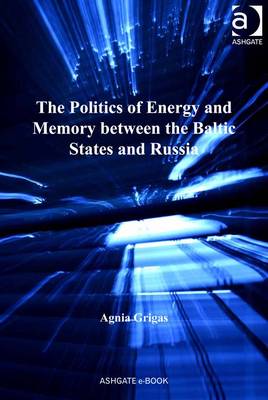Post-Soviet Politics
1 total work
The Politics of Energy and Memory between the Baltic States and Russia
by Agnia Grigas
Since the 1990s, Baltic-Russian relations have been amongst the most contentious on the European continent. Energy security concerns, historical legacies, and the status of Russian minorities have all proved key flash points. Baltic-Russian relations have been described as a 'litmus test' of Russia's willingness to leave behind its imperialist ambitions; simultaneously the policies of Tallinn, Riga or Vilnius towards Russia can have a direct impact on EU-Russian and NATO-Russian relations.
The Baltic states share similar histories and resources, and face the same geopolitical challenges. All are dependent on Russia for energy yet, as this fascinating study reveals, they have pursued very different foreign policies towards their powerful neighbour. In The Politics of Energy and Memory between the Baltic States and Russia Agnia Grigas provides an unprecedented analysis of contemporary Baltic-Russian relations and identifies the causal factors that drive the foreign policies of the Baltic states in such divergent routes. Supported by case studies on the oil and gas sectors as well as the tug of history, this book is an invaluable resource for scholars and policy makers.
